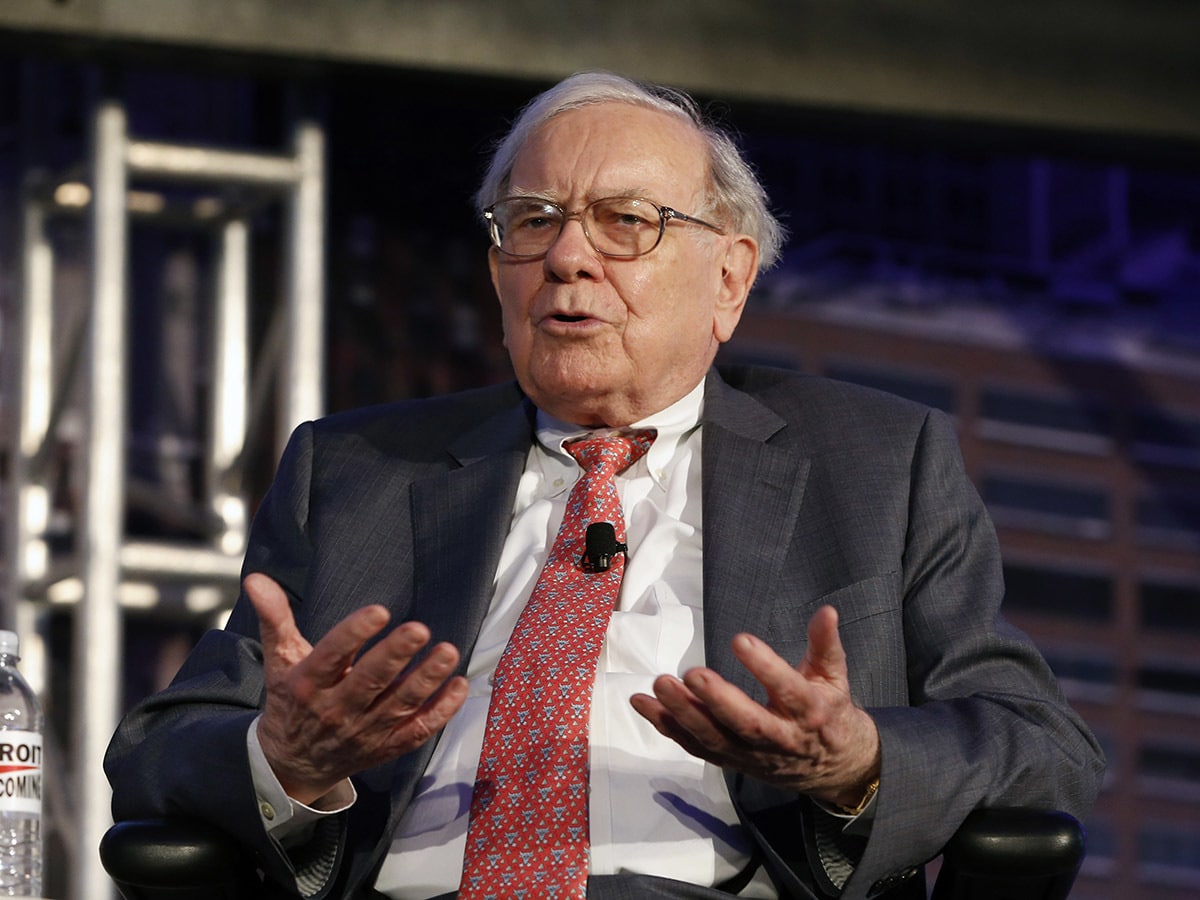Have millennial traders really been making better investment decisions than Carl Icahn and Warren Buffett?
Could veteran hedge fund managers Carl Icahn and Warren Buffett really be getting it all wrong? Recently it seems that way. Along with Stanley Druckenmiller, these trading giants have failed to take advantage of the recent market rally. Either they've liquidated stock that's rebounded or they've seemingly failed to call the market's Spring rally. In Buffett and Icahn’s place, millennial traders, new to the markets and stuck at home, have been booking profits.
Will this beginner’s luck continue or will cold, hard economic reality see this new breed of trader come unstuck, and managers like Warren Buffett and Carl Icahn returned to their rarefied perches?
Have Buffett, Icahn and Druckenmiller lost their touch?
The most talked-about example right now is Warren Buffett. The Oracle of Omaha dumped his entire airline stake - which was worth a couple of billion - only to see the sector recover. This gaff was enough to earn him a rebuke from President Trump.
Then there's Carl Icahn. This veteran trader liquidated his entire stake in Hertz [HTZ] - a $2 billion loss. Fair enough as Hertz had filed for bankruptcy. Yet, in proof that no one knows anything right now, Hertz's share price has since soared from $0.55 to $2.83. However, having now suspended plans to sell $500 million of its own stock, the share price has now regressed to around $2 level. And as Hertz concedes “the common stock could ultimately be worthless” by the end of the bankruptcy proceedings. Investors beware.
$2billion
Amount lost by Carl Icahn on his Hertz liquidation
And in May, Stanley Druckenmiller described the risk-reward of investing in stocks as “maybe as bad as I’ve seen it in my career”. Yet, since the S&P 500 bottomed in early spring the index has rallied almost 40%. Druckenmiller on the other hand, has seen a 3% return in that time.
“Well I’ve been humbled many times in my career, and I’m sure I’ll be many times in the future. And the last three weeks certainly fits that category,” Druckenmiller told CNBC's Squawk Box.
Druckenmiller explained that his caution was due to fears that the corporate credit bubble was about to pop. Now he believes that a combination of Fed stimulus and a reopening of the economy could see an overperformance.
“Well I’ve been humbled many times in my career, and I’m sure I’ll be many times in the future. And the last three weeks certainly fits that category” - Stanley Druckenmiller
Enter the millennial trader
So if the vets are getting it wrong, who's getting it right? Well, since lockdown has forced white-collar workers to stay at home, the markets have seen an increase in millennial traders - many trading for the first time using platforms like Robinhood to access the markets.
Silicon Valley-based start-up Robinhood reported 3 million new accounts in the first quarter. With the average age of a Robinhood user being 31, we could be witnessing a shift in who's trading. And many of these newcomers are seemingly making more prescient trading decisions than the Oracle of Omaha right now.
When Buffett sold his airline stakes, the JETS ETF soared as Robinhood traders scooped up a bargain. CNBC reports that one 26-year-old trader made $1,500 in under 24 hours betting on airline stocks. Robinhood reported that accounts holding the stock doubled to 73,000.
“There’s nothing like momentum begetting momentum. The aspect of just access is really driving a lot of this and the whole upward tick in the markets, again, just fuels demand,” Tim Welsh, founder and CEO of Nexus Strategy, told CNBC.
$1,500
Amount made by one millennial trader in under 24 hours betting on airline stocks
Time to take the money and run?
That momentum is arguably causing prices to become out of whack with economic reality. Warren Buffett, Carl Ichan and Stanley Druckenmiller didn't get where they are today through guesswork. They weighed up the risk of individual companies before parting with their money.
Right now markets are trading on optimism of a short, sharp recovery. Yet the economic data that has come out is worrying. In the UK, for example, GDP fell a huge 20% in April. Ultimately, the road to recovery could be a long one, with some sharp sell-offs to come. Millennial traders looking for short-term profit might want to consider taking the money and running.
Continue reading for FREE
- Includes free newsletter updates, unsubscribe anytime. Privacy policy





